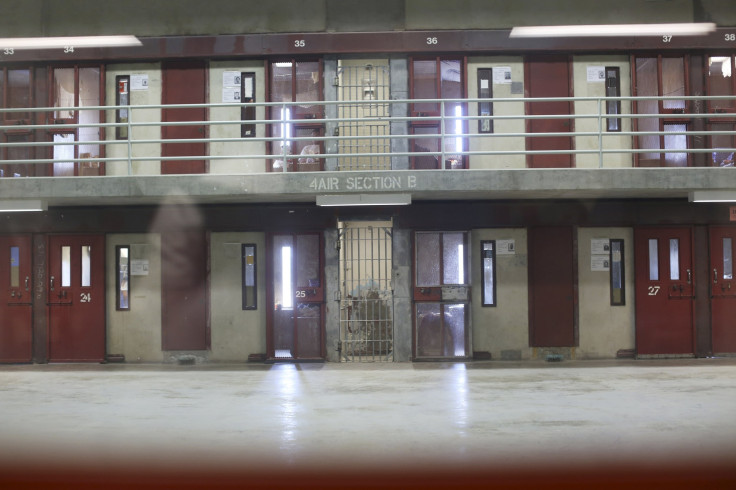Amid Mass Incarceration Debate, California Jails Get $500M To Expand, Build New Correction Facilities

Despite a declining inmate population in California, around a dozen jails were expected to be given millions in financing to expand their facilities. About $500 million was awarded Monday to expand and build new jails across the state, according to TeleSUR, a Latin American television network.
About 15 counties are set to receive money for jail construction at the recommendation of the California Board of State and Community Corrections, the board that oversees funding for California jails. The move comes at a time when many federal government leaders are making attempts to reduce mass incarceration in the United States.
“While the rest of the nation is talking about reducing incarceration and its enormous social and economic costs, California is yet again pouring hundreds of millions of dollars into building new jails, reinforcing the state’s reliance on imprisonment for decades to come,” Lizzie Buchen, advocacy coordinator for Californians United for a Responsible Budget, said according to TeleSUR. A final vote for the funding is scheduled for Nov. 12.
The jail population in California has dropped by about 11 percent in the past year, after voters in the state approved a proposition to reduce punishments for some low level crimes last November, according to the Sacramento Bee. Violent crimes have increased in some cities in the state this year, and some experts say it is too early to determine if the proposition — which reduces punishments for crimes such as shoplifting and drug possession — is contributing to the increase.
Alameda Co. to receive $54 million to expand Santa Rita Jail. $500 million going to 15 jail construction projects: https://t.co/XoANfsCiiS
— Sam Levin (@SamTLevin) November 3, 2015
U.S. President Barack Obama has called for an end to mass incarceration in the United States, which keeps more than 2 million people behind bars, according to the Associated Press. More than 6,000 federal prisoners were released between Friday and Monday amid a push to reduce sentences for nonviolent drug offenders. Congress has also introduced a bill that could decrease mandatory minimum sentences for some low-level drug offenders.
© Copyright IBTimes 2024. All rights reserved.











